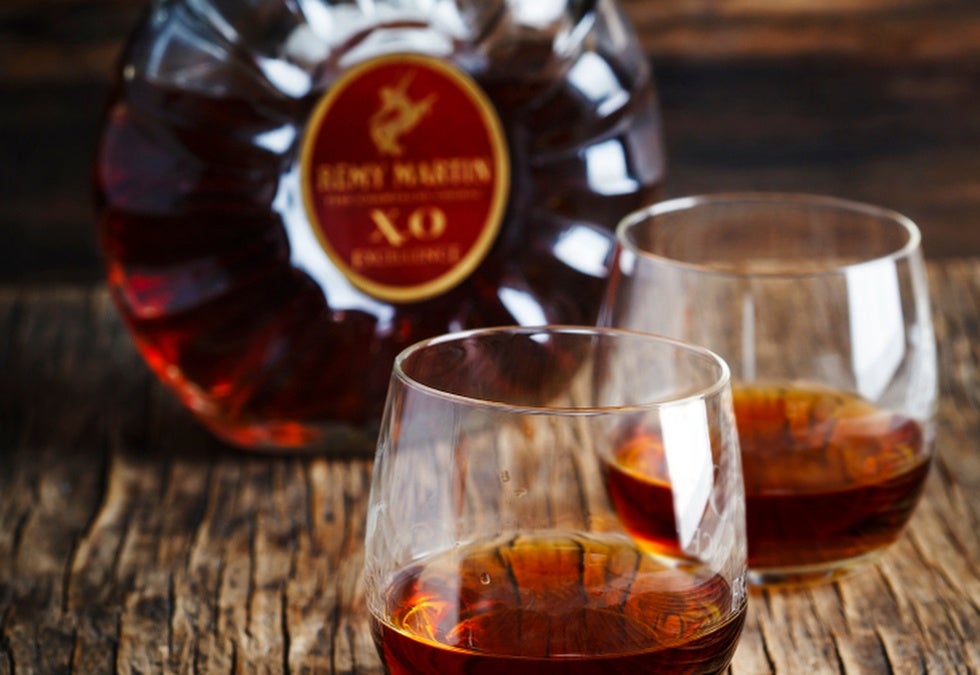
The Chinese government has launched an investigation into the EU over complaints it has been dumping brandy.
The probe, announced in a statement from China’s ministry of commerce today (5 January), was launched in response to complaints by the China Liquor Industry Association, it said.
It comes as Brussels launched an anti-subsidy investigation into Chinese electric vehicles last year.
At the time, China described the probe as “a naked protectionist act that will seriously disrupt and distort the global automotive industry and supply chain”, raising fears of escalating trade tensions.
The brandy investigation, due to be completed within one year, will look into allegations of dumping between 1 October, 2022 and 30 September, 2023, including EU-origin brandy imported in containers of less than 200 liters.
China’s ministry of commerce is now calling for information from “interested parties”.

US Tariffs are shifting - will you react or anticipate?
Don’t let policy changes catch you off guard. Stay proactive with real-time data and expert analysis.
By GlobalDataUlrich Adam, director general of SpiritsEurope, told Just Drinks the Belgium-based trade group was confident EU member states had been compliant with Chinese and international regulations.
He said: “We trust that the EU and China will find a constructive way to resolve any bilateral disputes, as has happened in the past over other matters.
“Technical cooperation between the EU and China in the spirit sector is both long-standing and excellent. This cooperation will be further strengthened in 2024, not least through the revived wine and spirits working group, and contribute to the good level of dialogue between the EU and China.”
Likewise Pernod Ricard, which sells brands including Martell Cognac and Armenian brandy Ararat, said it was confident its products and commercial practices fully complied with Chinese and international regulations.
A Pernod Ricard spokesperson told Just Drinks: “This investigation takes place in the context of a trade disagreement between the European Union and China on other industrial sectors, unrelated to our activity.
“The file on which the Chinese Ministry of Commerce has based the launch of its investigation evaluates the supposed dumping of European brandy at 15.88%.
“This level is significantly lower than that used in other investigations. We are confident that our products and commercial practices fully comply with Chinese and international regulations, and that the European Union and China will find a constructive way to resolve any bilateral disputes, as has happened in the past over other matters.”
French brandy giant Rémy Cointreau saw Asia take 55% of its Cognac sales in its first-half results for 2023-24, noting “outstanding performance” in Taiwan and “solid growth” in China overall.
It noted higher inventories in China in the six months to September 2023, however, due to Cognac value depletions.
The Rémy Martin brand owner saw a 16.6% rise in overall organic sales year on year in H1, led by China. Overall Cognac sales dipped 30.1% on an organic basis to €416.1m, due primarily to declining sales and destocking in North America.
Alcoholic-beverage trade relations have also been notably fraught between China and Australia in recent years.
In October, a World Trade Organisation dispute over trade between the two countries was dropped after Beijing agreed to begin an “expedited review” of wine taxes, which was expected to take five months.
China imposed temporary tariffs of between 107% and 212% on Australian wine in November 2020, accusing it of dumping cheap barley and wine into its market in 2020. Exports to mainland China dropped to almost zero in December.
The following March, China upped the tariff range to between 116% and 218% and said they would be in place for five years.



